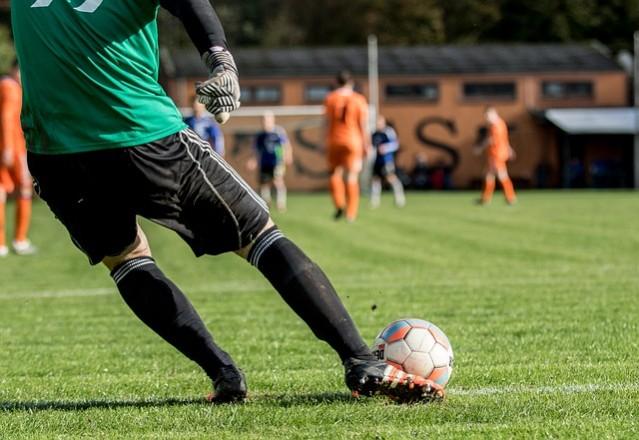
Sports helps people stay fit. However, researchers have recently said that frequent ball heading by football players can lead to poor cognitive function rather than unintentional head impacts due to collisions in the game.
The study, published in the journal Frontiers in Neurology, also said that till now accidental head collisions are generally considered the most common cause of brain injuries in players and so current prevention efforts were only aiming at minimizing those collisions.
However, according to Indo-Asian News Service (IANS), lead author Michael Lipton, Professor at the Albert Einstein College of Medicine in New York, US said: "But intentional head impacts -- that is, soccer ball heading -- are not benign. We showed in a previous study that frequent heading is an underappreciated cause of concussion symptoms. And now we've found that heading appears to alter cognitive function as well, at least temporarily."
Researchers studied 380 amateur players, ranging in age from 18 to 55 in New York City. Participants completed neuropsychological tests of verbal learning, verbal memory, psychomotor speed, attention and working memory and filled out questionnaires mentioning their recent (previous two weeks) on-field activity, including heading and unintentional head impacts, reported the media agency. Also, 78 percent of the participants were male.
It was observed that the players headed balls an average of 45 times during the two weeks taken into consideration for the study, and about one-third of the players suffered at least one unintentional head impact.
Moreover, players who gave most headings had the poorest performance on psychomotor speed and attention tasks - areas of functioning brain injuries are known to affect.
"Heading is a potential cause of brain injury and since it's under control of the player, its consequences can be prevented," Lipton said as reported.
Also, frequency of headings can be linked to poorer performance on the working memory task.
However, the study pointed out unintentional head impacts are not related to any aspect of cognitive performance.















